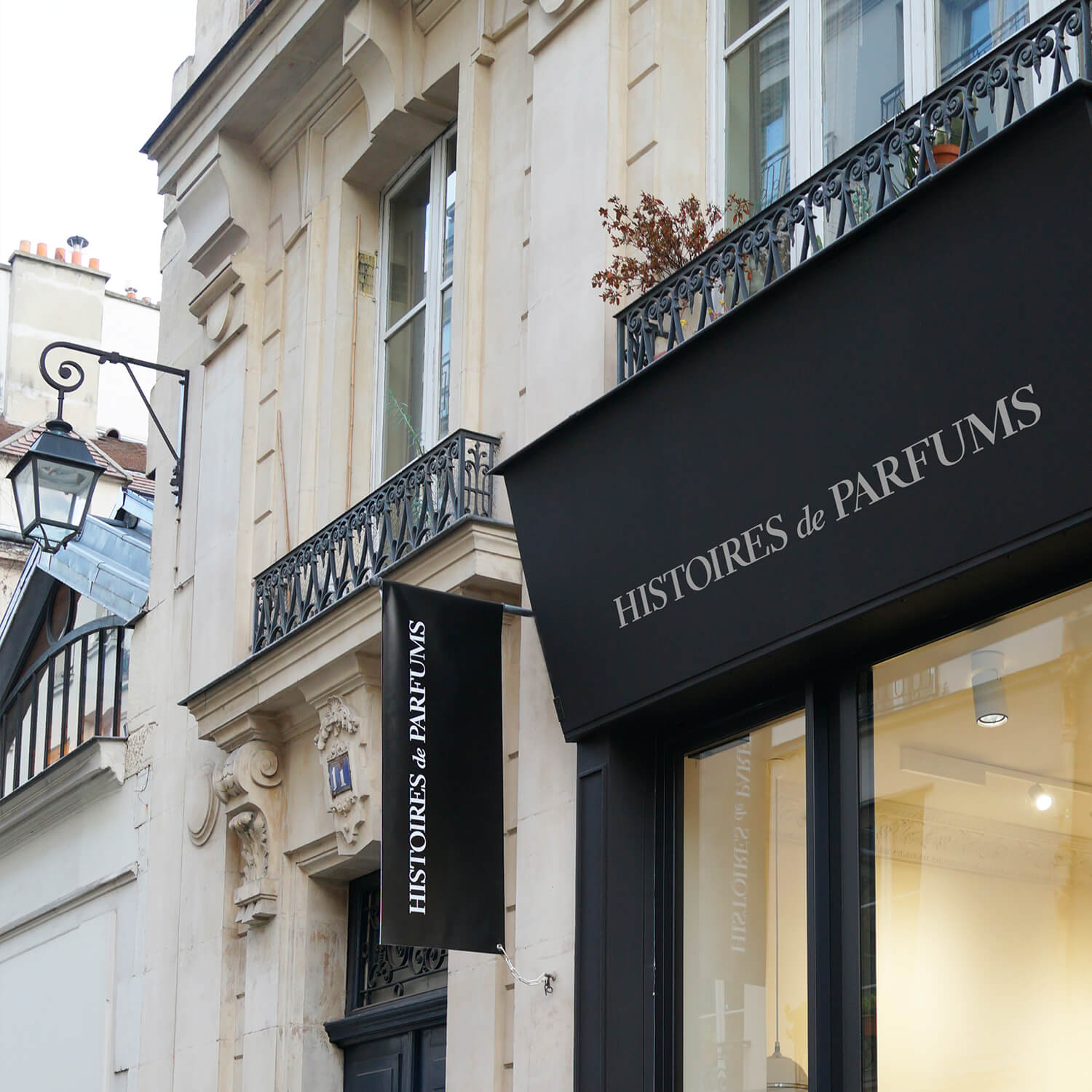March 3, 1875:
“ L’amour est enfant de bohême”

George Bizet
Prosper Merimee and the Carmen
Carmen is a short story by the famous French historian and archaeologist Prosper Merimée (1803-1870).
Written in 1847, the story takes place in Seville in 1820. Carmen, a bohemian, starts a fight in the cigar factory she works at. She is stopped and thrown in a prison where she seduces the sergeant Don Jose who falls for her, helps her escape and flees to follow her in the mountains where she lives with a group of smugglers.
However, the beautiful, seductive and volatile Carmen quickly becomes uninterested with Don Jose and leaves him. Refusing to accept this reality, Don Jose stabs Carmen in in a manic act.

The opera adaptation
George Bizet, touched by the story of Carmen, has only one idea in mind which is to turn it into an opera. However, his contract with Paris's Opera Comique only allows him to put on lighthearted plays meant to distract the bourgeois audience that comes to relax in the afternoons.
George Bizet carries on regardless and begins composing the opera. He invites librettists Henri Meilhac and Ludovic Halévy to work on Prosper Mérimée's story and make the play more lighthearted and acceptable by the social standards at the time. They work on toning down Carmen's character, making her less wild and create a new character called Micaëla, who plays Don Jose's wife and is the complete opposite of Carmen. Despite these modifications, the play causes a scandal...
The shocked public
The public caused a scene from the play's premiere. Carmen's nefarious character is judged against good moral standards. The death of Carmen on stage is also seen as inacceptable by the audience. While deaths were displayed on stage at the time, particularly in theatres, it was out of the question for it to be displayed at the Opera Comique. From the beginning to the end, the audience boos the play and is frozen by what they’re witnessing.
The thrilled connoisseurs
Bizet, dead three months after, on June 3, 1875, will never see the success of his opera. After Bizet's death, compositor Ernest Guiraud makes changes to the opera, adding spoken passages which allow the public to better understand the story. These alterations will make the play a success later on.
The connoisseurs immediately see the potential of this opera that had once shocked the bourgeois Parisians. Tchaïkovksi even claims that in ten years, Carmen will be the most played opera in the world. Brahms assists in over twenty performances. The most emotive homage, however, came from Frederic Neitzsche who said that Carmen made him "more philosophical, a better philospher" and that "Bizet makes me creative. Beauty always makes me more creative."

Total Success yet still scandalous
Tchaïkovski's predictions come to life in the coming years. Carmen slowly makes its way onto the charts and becomes the most played opera in the world. It was the most performed opera during the 2016/2017 season and the second most played after Traviata de Verdi in 2017/2018.
All this success, however, does not stop the scandal. In 1982, the opera causes a scene in China because it is deemed too risky. In 2012, the performance at l'Opera Bastille de Paris includes a blonde Carmen provoking public outcry. In 2014 the play is banned from Australia because Carmen's job working in a cigar factory, advocates for the tobacco industry. In 2018, in the heat of the #MeToo movement, a performance of Carmen is played where in the final act, she kills Don Jose rather than him killing her. This also causes a scandal as critics accuse the director of wanting to profit from the feminist movement, taking advantage of it and destroying the core of the original plot.



Leave a comment
This site is protected by hCaptcha and the hCaptcha Privacy Policy and Terms of Service apply.